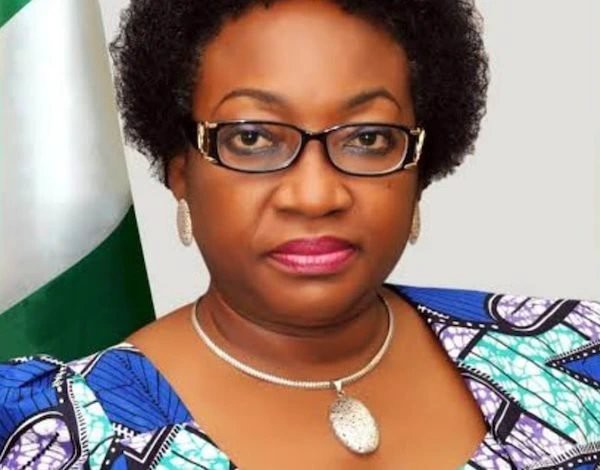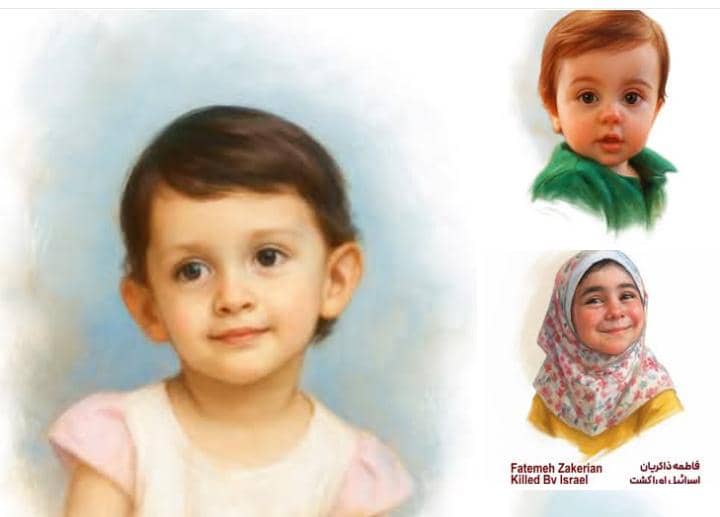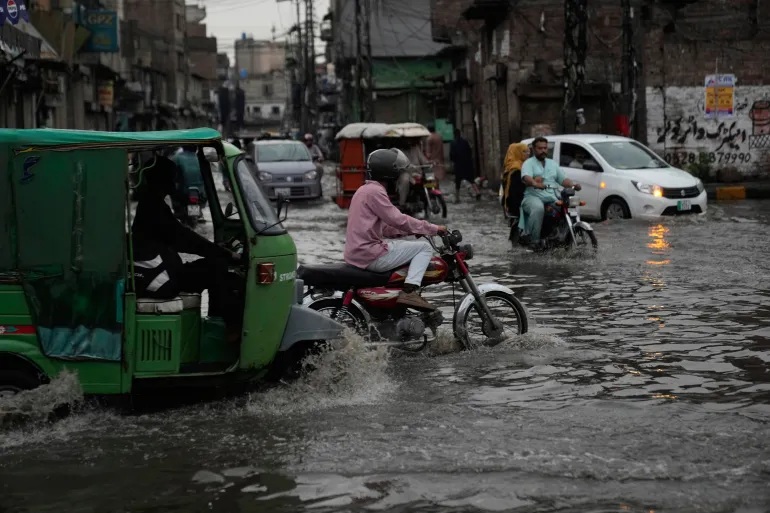News
Poverty looms: More Nigerian to slip into poverty by 2027—World bank

The World Bank has warned that more Nigerians will fall into poverty by 2027.
It issued the warning in its latest Africa’s Pulse report.
The report came during the Spring Meetings of the IMF and World Bank in Washington, DC.
According to the Bank, poverty in Nigeria will rise by 3.6 percentage points from 2022 to 2027.
The Bank said economic fragility and resource dependence were major drivers.
It also cited weak public systems and poor revenue management.
Although Nigeria saw growth in its non-oil sector in late 2024, the Bank said the gains remain fragile.
It explained that structural issues would limit progress.
The World Bank grouped Nigeria with the Democratic Republic of Congo in the poverty forecast.
Both countries are resource-rich but suffer economic fragility and weak institutions.
The report added that non-resource-rich African countries would reduce poverty faster.
These countries benefit from strong agricultural exports and better fiscal structures.
“Poverty in resource-rich, fragile countries—including Nigeria—is projected to increase by 3.6 percentage points,” the report stated.
Sub-Saharan Africa remains the region with the worst poverty levels globally.
In 2024, it housed 80% of the world’s 695 million extreme poor.
Half of the region’s 560 million poor people live in just four countries.
Other regions recorded smaller shares.
South Asia had 8%, the Middle East and North Africa 5%, Latin America and the Caribbean 3%, and East Asia 2%.
The World Bank noted that oil-producing countries now struggle due to falling crude prices.
It said these countries face weak budgets and poor policy environments.
Meanwhile, non-resource-rich countries enjoy better growth despite fiscal pressures.
“This continues a pattern where resource wealth, conflict, and fragility lead to high poverty,” the Bank said.
It added that fragile, resource-rich countries had an average poverty rate of 46% in 2024.
That figure is 13 percentage points higher than in stable, resource-rich nations.
To reverse the trend, the Bank urged better fiscal management in Nigeria.
It called for stronger governance and greater transparency.
The report recommended building trust between government and citizens.
The Bank stressed the need for inclusive development strategies.
It said long-term poverty reduction depends on reform, stability, and economic inclusion.
For Diaspora Digital Media Updates click on Whatsapp, or Telegram. For eyewitness accounts/ reports/ articles, write to: citizenreports@diasporadigitalmedia.com. Follow us on X (Fomerly Twitter) or Facebook










